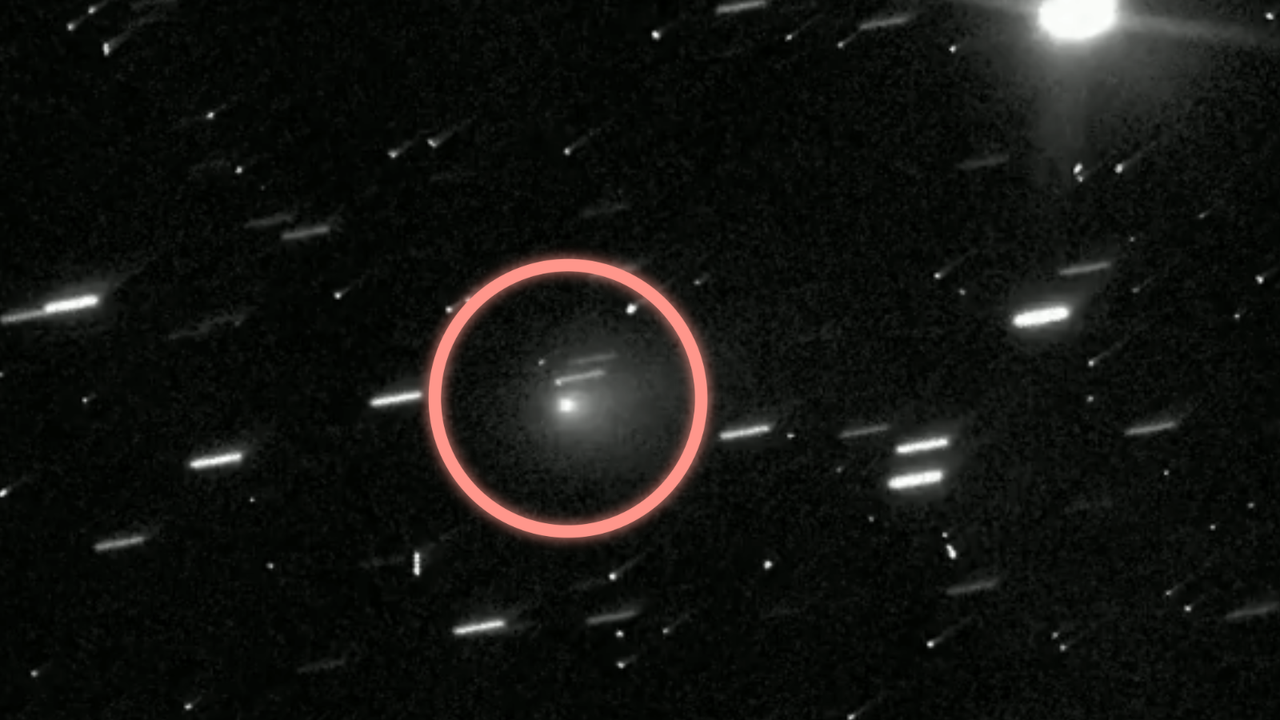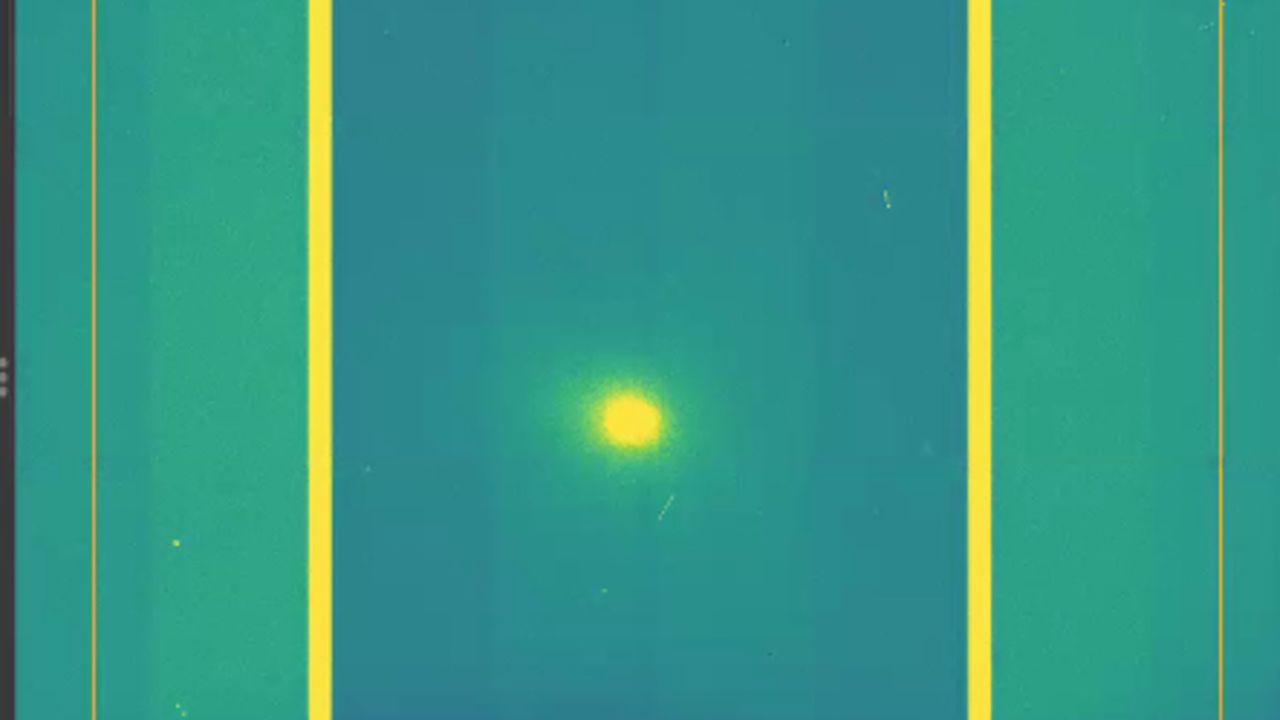Interstellar comet 3I/ATLAS is leaking water like a 'fire hose running at full blast,' new study finds
PositiveScience

A recent study has revealed that the interstellar comet 3I/ATLAS is leaking water at an astonishing rate, likened to a 'fire hose running at full blast.' This discovery marks the first clear evidence of water from an interstellar comet, providing valuable insights into the chemistry of other planetary systems. Understanding the composition of such comets can help scientists learn more about the origins of water and potentially life beyond our solar system.
— via World Pulse Now AI Editorial System
